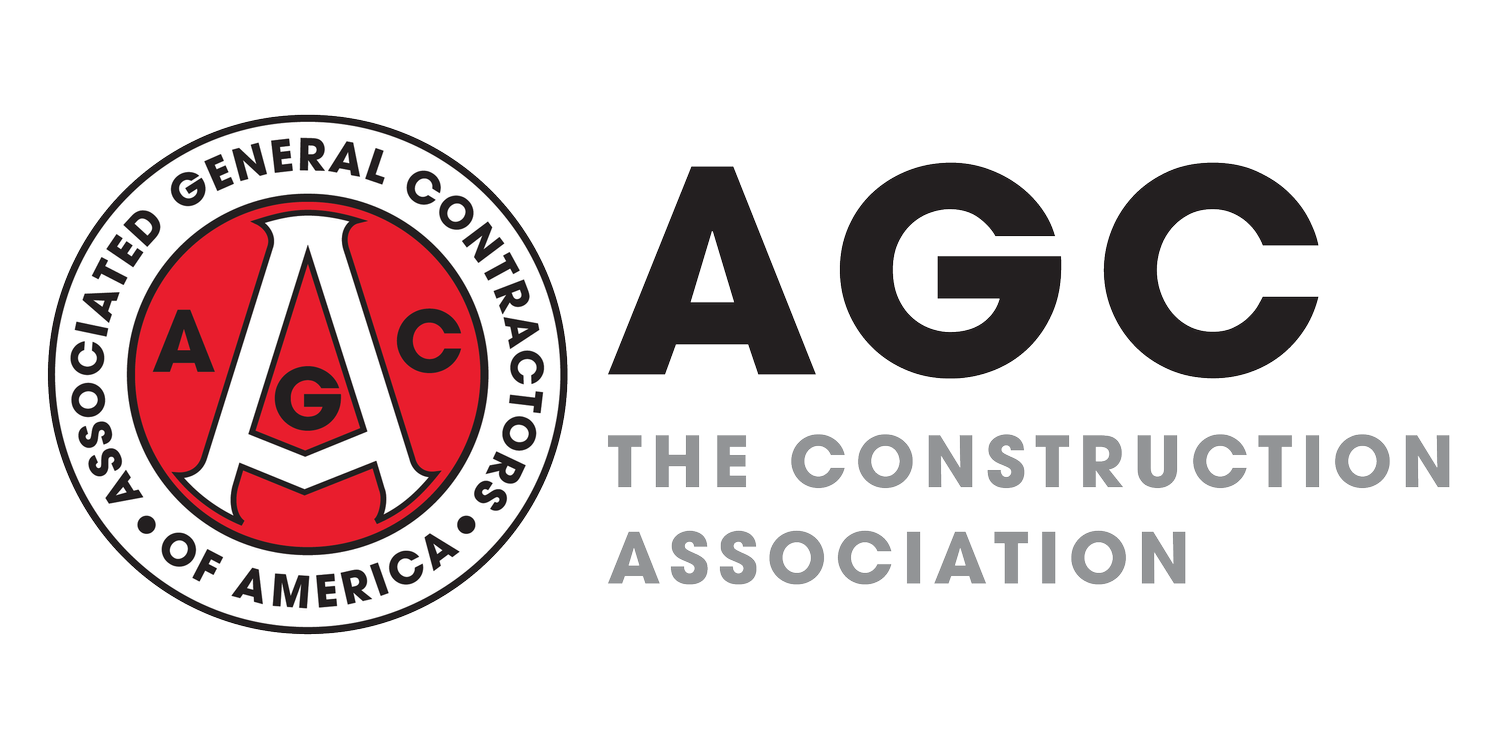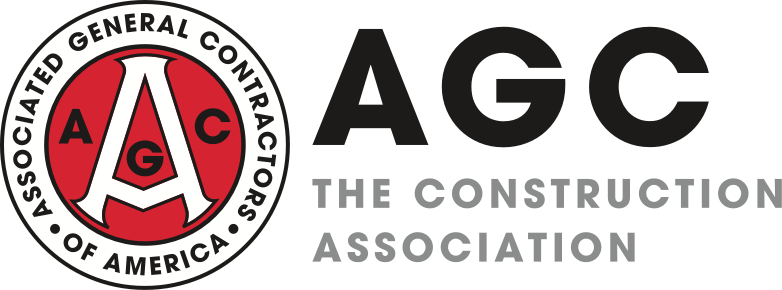What’s Construction’s Future?
BY NANCY BIELKE
The construction industry has traditionally been associated with labor-intensive processes. But with the advent of technology, the industry is gradually embracing digital transformation.
Among the most promising advancements that may revolutionize construction are artificial intelligence (AI) and machine learning (ML). These cutting-edge technologies have the potential to help construction companies streamline their operations, enhance efficiency, and reduce costs.
Why modernize a construction business?
Construction is a complex and challenging industry involving multiple stakeholders, each with their own requirements, timelines and budgets. Managing all these stakeholders and their requirements can be overwhelming, especially when done manually. By modernizing a construction business, companies may improve in several areas:
Predictive maintenance
By using sensors and AI algorithms, construction companies can predict when equipment will fail and schedule maintenance before it happens. This action can reduce downtime and repair costs. Predictive maintenance can also help construction companies extend equipment lifespan and reduce costly replacements.
Quality control
By using computer vision and ML algorithms, construction companies can identify defects in materials and products. This step can improve work quality and reduce rework costs. Quality control is essential in construction to meet required standards and specifications.
Safety monitoring
By using sensors and ML algorithms, construction companies can monitor safety risks, such as falls and collisions. This monitoring can help prevent accidents and injuries. By monitoring safety risks in real time, construction companies can create a safer work environment for employees.
Resource enhancement
By using AI algorithms, construction companies can improve resource allocation, such as labor, equipment and materials. This process can reduce waste and increase productivity.
Construction companies can also use AI to analyze data on resource availability and project requirements, allowing them to make informed decisions that can help reduce costs and improve profitability.
Overall, AI and ML can help construction companies improve efficiency, reduce costs, and provide better value to their clients. However, it’s important for construction companies to carefully evaluate the benefits and costs of these technologies and develop the necessary resources and skills to implement them successfully.
Improving operations with technology
Here’s a great example of how a growing construction company based in Minnesota leveraged AI and ML along with enterprise resource planning (ERP) software. The company was struggling to keep up with the demands of a rapidly changing industry. The company’s leadership knew they needed to improve operations and stay competitive in the market. That’s when they decided to explore the potential of AI and ML and install a modern ERP system.
The company began by implementing predictive maintenance using sensors and AI algorithms. By predicting when equipment would fail and scheduling maintenance before it happened, the company was able to reduce downtime and repair costs. This allowed them to complete projects faster and more efficiently, which helped them win more business.
Next, the company implemented quality control using computer vision and ML algorithms. By automatically detecting defects in materials and products, the company improved work quality and reduced rework costs.
The company also used safety monitoring using sensors and ML algorithms. By monitoring safety risks — such as falls and collisions — the company reduced accidents and injuries. The safer work environment improved morale and reduced turnover.
Lastly, the company implemented resource optimization using AI algorithms. By improving resource allocation, such as labor, equipment and materials, the company reduced waste and improved productivity.
In addition to implementing AI and ML, the company also installed a modern ERP system. The system allowed the company to integrate their business processes into a single, unified system. This helped streamline operations, improve efficiency and reduce costs. The ERP system also provided real-time data and analytics, which allowed the company to make informed business decisions. Company leadership was thrilled with the results and looks forward to continuing to explore the potential of AI and ML in the future.
To learn more, join CLA’s upcoming webinar “Modernize your Construction Operations with Acumatica ERP, Artificial Intelligence, and Machine Learning.” Learn how construction companies leveraging Acumatica’s built-in AI and ML can improve operations and stay competitive.
For more information on digital opportunities in construction, contact Nancy Bielke at nancy.bielke@CLAconnect.com or 612-714-9746.

